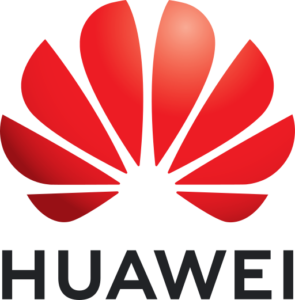Matt Taibbi’s been covering who is being censored, and his latest is worth a read.
But basically the internet now runs thru a number of major content aggregators: Google, Facebook, YouTube, Instagram, Twitter, etc… (many of these are owned by the same few firms.) Most people go to the major sites and find their media there, and those who don’t use Google as their search engine.
These platforms are private and thus, as we are told over and over again by fools, are not subject to the first amendment, which they seem to think means “it’s not censorship.” But when almost all of the media consumption on the internet goes thru sites owned by five or so large companies, the commons are owned private firms, and all that has happened is that private firms are doing the censoring.
These content aggregators are aggressively banning outlets, and there is effectively no appeal. The content producer Taibbi talks to had live-streams of events taken down because “guns”, but YouTube left up streams from large media outlets of the same content. They took down his stream of the Jan 6th protests beccause it included a bit of Trump lying about election fraud, but left up clips from large media outlets with that speech.
This all really took off after 2016, with RussiaGate hysteria and concerns over Cambridge Analytica’s program of targeted propaganda. It is now about to enter a new phase, and sweep internet aggregators of a vast number of independent voices.
Both the right and center are to blame for this. The right has been putting out straight up lies, in large quantities. Q-Anon was a funded operation, no one with sense will pretend otherwise. Lies are flooded into the discourse, and have led to real, and nasty effects, like the January 6th capitol attack, which as I pointed out at the time, was the right thing to do IF the election had really been stolen. (It hadn’t.)
The center wants only the discourse they approve of in the media. It’s not primarily about lies: after all, they aren’t pushing for the people who lie all the time in the mainstream press to be de-platformed; no one is screaming for the heads of those who spread the ridiculous Russian bounties on American soldiers story.
So the internet of free ideas and diverse ideas is about to take it in the neck. Some stuff that seems diverse will remain; a lot of identity politics, for example, because elites really really believe that women and minorities and gays and trans people should also be in boardrooms and oppress everyone else. It is important that representatives of every group bomb foreigners and so on. You can see this in the constant stories about people weeping in corporate meetings about how their company is about to publish someone nasty.
A lot of this won’t effect me much. When Google changed its algos after 2016 I lost a lot of traffic (aim right, hit left), but I don’t get much from any social media outlet. I’m glad that I never really engaged, except on twitter, which I don’t spend time on for traffic.
But the internet of truly diverse voices we dreamed of and, to some extent, created in the late 90s and early 2000s is dying; being strangled before our eyes. And it’s going to get worse.
The internet was a nice idea. Now it’s just a few large firms controlling most of the meaningful traffic. Some good remains: the vast information available without going to a library; email, and so on. But diverse politics and controversial ideas?
That time approaches dusk.
All the content here is free, but subscriptions and donations do help, a lot.

 So, the Huawei saga rolls on. The executive arrested, the daughter of the CEO, will probably wind up released, as it’s been made clear this is a political arrest. (Trump has said so, and it’s over Iran sanctions. Breaking Iran sanctions is clearly political, and probably even the ethical thing to do in many cases.)
So, the Huawei saga rolls on. The executive arrested, the daughter of the CEO, will probably wind up released, as it’s been made clear this is a political arrest. (Trump has said so, and it’s over Iran sanctions. Breaking Iran sanctions is clearly political, and probably even the ethical thing to do in many cases.)